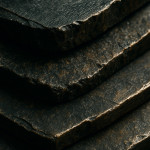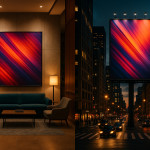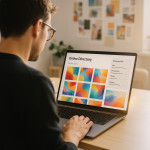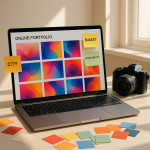AI vs Human Eye: Hire Abstract Photographers When Stock Textures Fall Short
Stock libraries and AI generators deliver speed, yet brands still crave the soul that only a human abstract photographer captures. Discover when to ditch off-the-shelf textures, how a specialist elevates campaigns, and the steps to brief, budget and secure unique visuals that convert.
Why Stock Textures and Generative AI Reach Their Limit
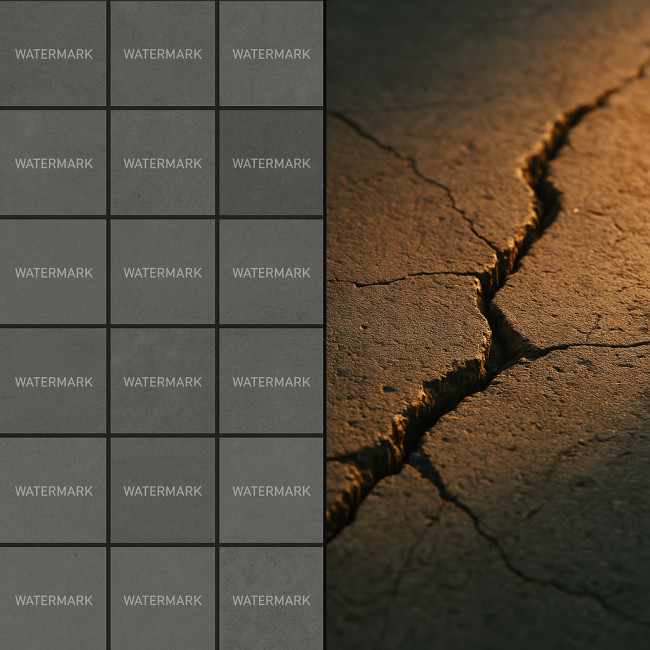
Stock platforms add thousands of files daily, but algorithms rank the same “best-sellers” on every search. Result : audiences spot repetitions, scroll past, and trust erodes. Generative systems promise infinite variations, yet AI lacks lived experience; it predicts pixels instead of noticing serendipitous light hitting rough concrete at dawn.
Three Pain Points Brand Teams Report Most
- Visual sameness across competitors' assets.
- Licence clashes when multiple departments buy the same stock pack.
- Inconsistent resolution, grain and colour science between AI and real footage.
The Business Case for Hiring an Abstract Photographer
Commissioning talent costs more upfront but slashes long-term headaches. Studies by content-performance firms show that original visuals lift click-through rates by 24 % on average. When you source a creator from the dedicated abstract photographer directory, you also own a rights-cleared texture bank no rival can replicate.
| Criteria | Stock Library | AI Generator | Abstract Photographer |
|---|---|---|---|
| Uniqueness | Low – widely downloaded | Medium – but easily mimicked | High – one-off capture |
| Licence Flexibility | Fixed tiers | Varies, grey zones | Negotiable usage |
| Brand Consistency | Hard to match sets | Style drifts with prompt | Shot list ensures harmony |
| Authenticity Perception | 45 % of consumers distrust | 52 % sceptical | 72 % feel visuals are “real” |
| Long-term ROI | Pay per file | Compute + edits | Reusable bespoke library |
Workflow: From Vision to Final High-Res Files
- Reference & moodboard. Gather colours, shapes and emotions. If you need inspiration, review the step-by-step briefing guide in our article on commissioning abstract photography.
- Shortlist talent. Compare portfolios and metadata. Our piece on evaluating abstract photo portfolios outlines key cues.
- Creative call. Align concept, set details, and delivery specs (TIFF, layered PSD, LUTs).
- Production. Photographer scouts locations or builds macro sets. You receive test shots for sign-off.
- Post-production. Colour grading, blemish cleanup, and variant crops sized for web, print and motion.
Budget Benchmarks for 2025
Rates vary by region, but brand teams usually invest between €1 200 and €3 500 per shooting day, plus €40-€60 per retouched file. Need a clearer quote path? Read our advice on due diligence around AI imagery and hybrid shooters to frame negotiations.
Proof in Numbers: Demand for Authentic Abstract Visuals Keeps Rising
Source : Getty Images – Visual GPS Reports 2020-2023
Risk Mitigation: Safeguards That Protect Your Investment
- Model & property releases. Even abstract close-ups may reveal private locations.
- Archival backup. Store RAW files in at least two clouds with checksum logs.
- Licence clauses. Add exclusivity windows and region limits to lock competitive advantage.
FAQ
- Can AI fully replace an abstract photographer?
- No. AI extrapolates existing data; a photographer notices accidental patterns, lens flares and tactile imperfections that spark emotional response.
- How long does a bespoke texture shoot usually take?
- Most projects fit in a one-day shoot plus two to three days of post-production for a 20-file pack.
- Do I need location permits for macro texture photography?
- If shooting public architecture, yes. For in-studio paint or liquid sets, no permit is required, only a safety sheet.
Quick Self-Test: Are You Ready to Commission?
Action Steps
1) Audit existing visuals for overlap. 2) Build a briefing moodboard. 3) Shortlist two to three specialists through the directory. 4) Secure dates, releases and deliverables. When you need extra guidance, learn how to optimise photographer briefs so every pixel pays off.
Ready to leave generic textures behind? Reach out to an abstract photographer today and transform your next campaign into a tactile experience customers remember.

